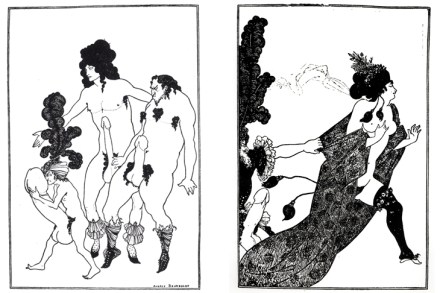If you haven’t read Louise Erdrich, now’s the time to start: The Night Watchman reviewed
More from BooksLouise Erdrich’s grandfather, Patrick Gourneau, was tribal chairman of the Turtle Mountain Band of Chippewa when the US Congress imposed House Concurrent Resolution 108 in 1953. This revoked the federally recognised status of many Native American tribes and withdrew legal protection of their territory, culture and religion. Gourneau was also a night watchman. While Erdrich’s






























